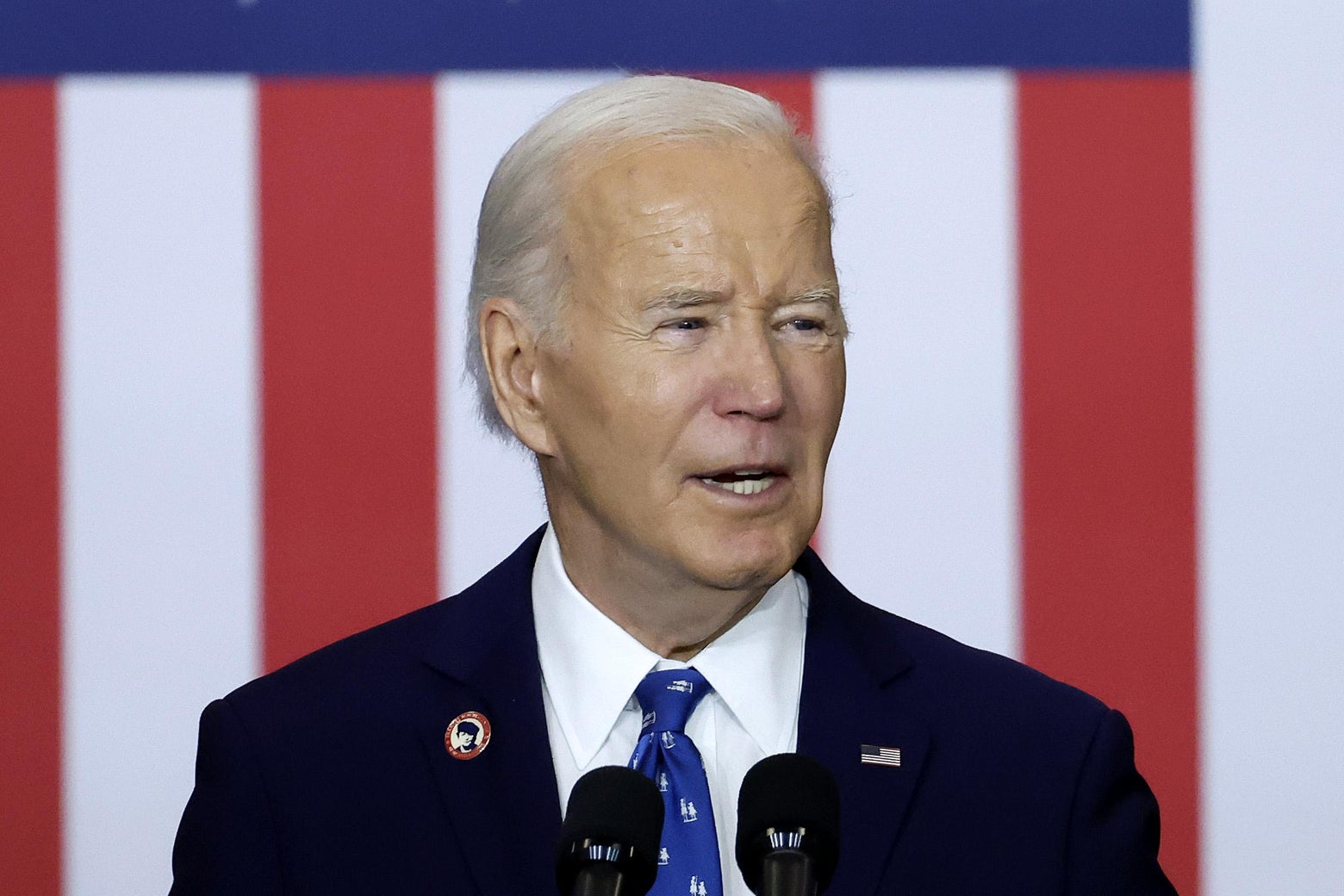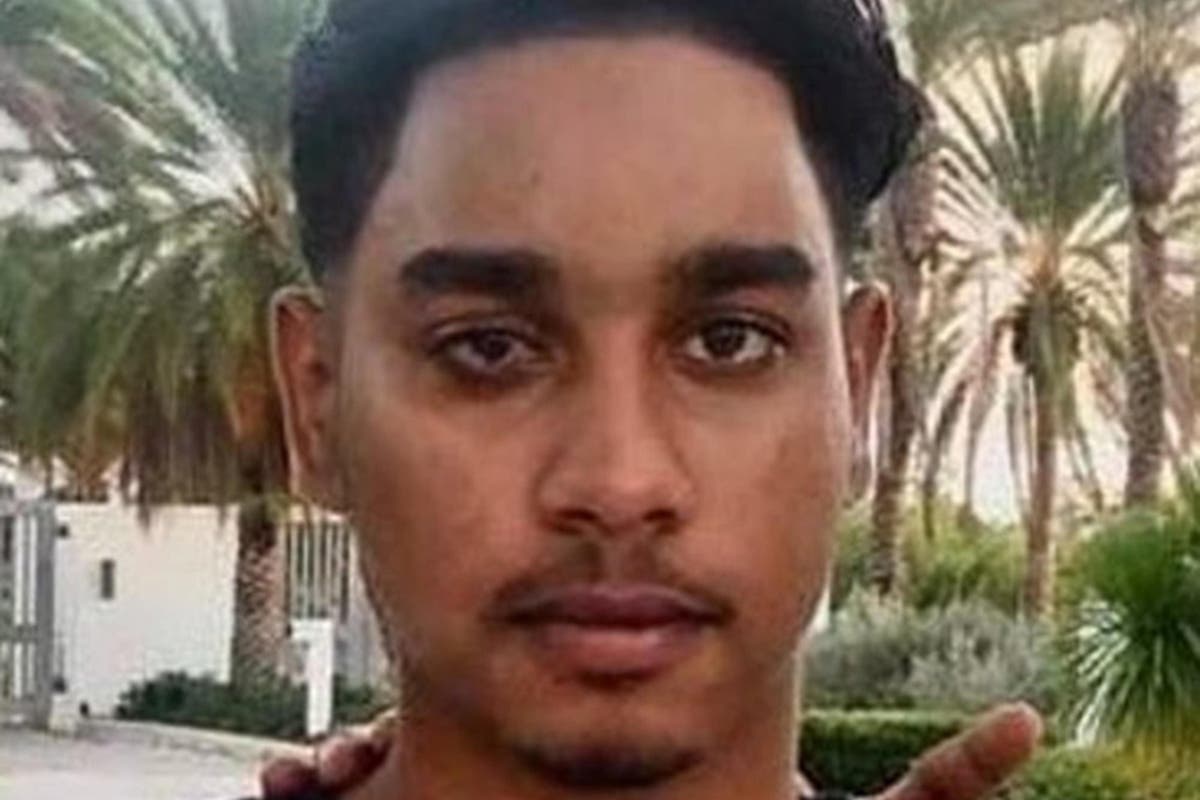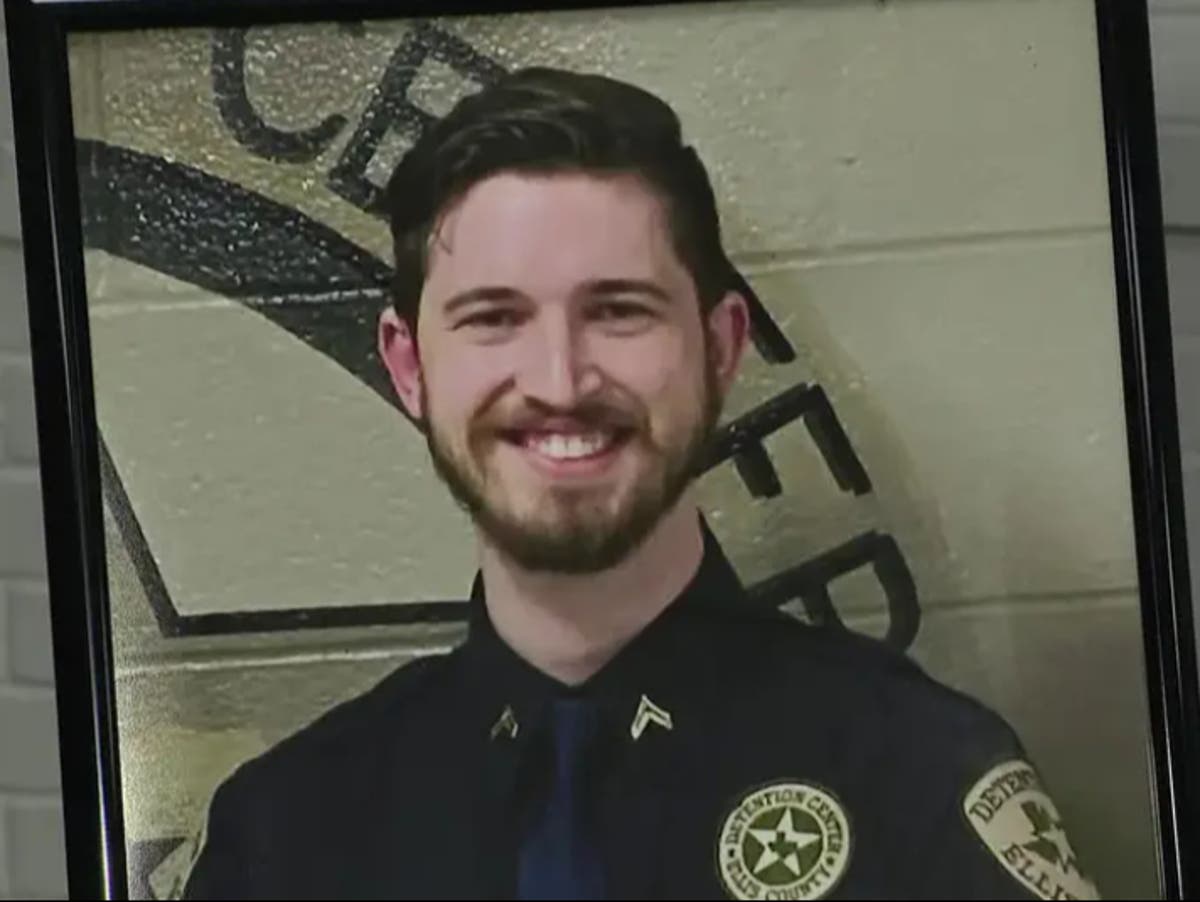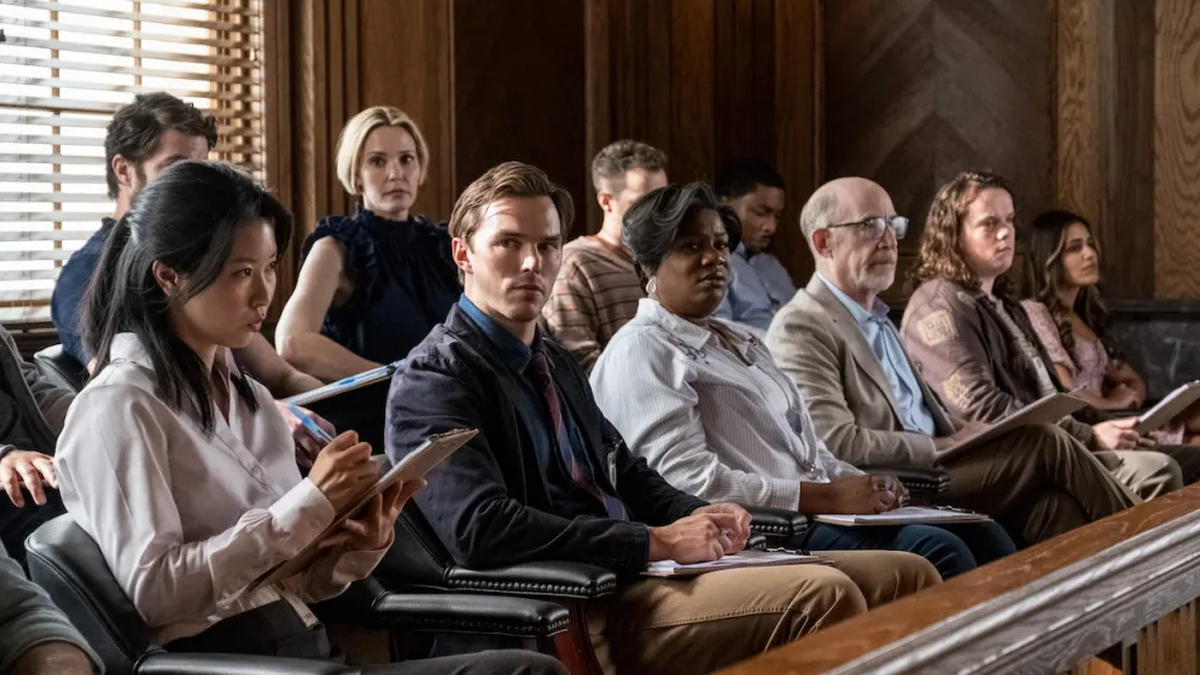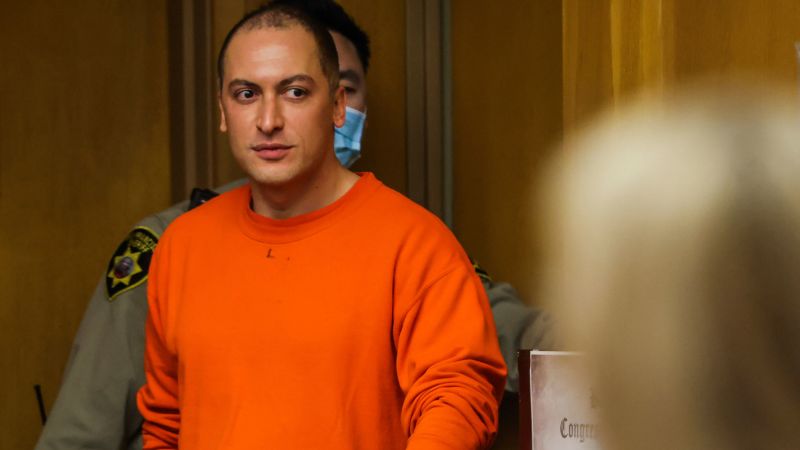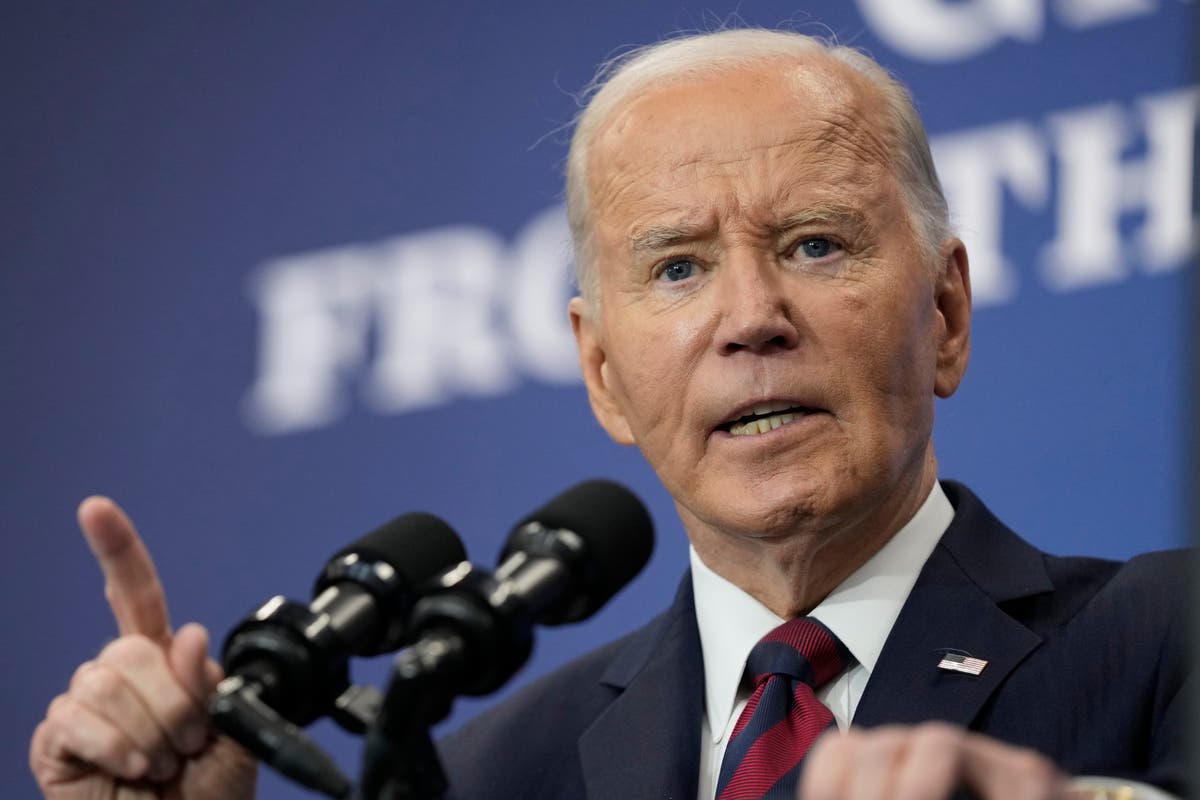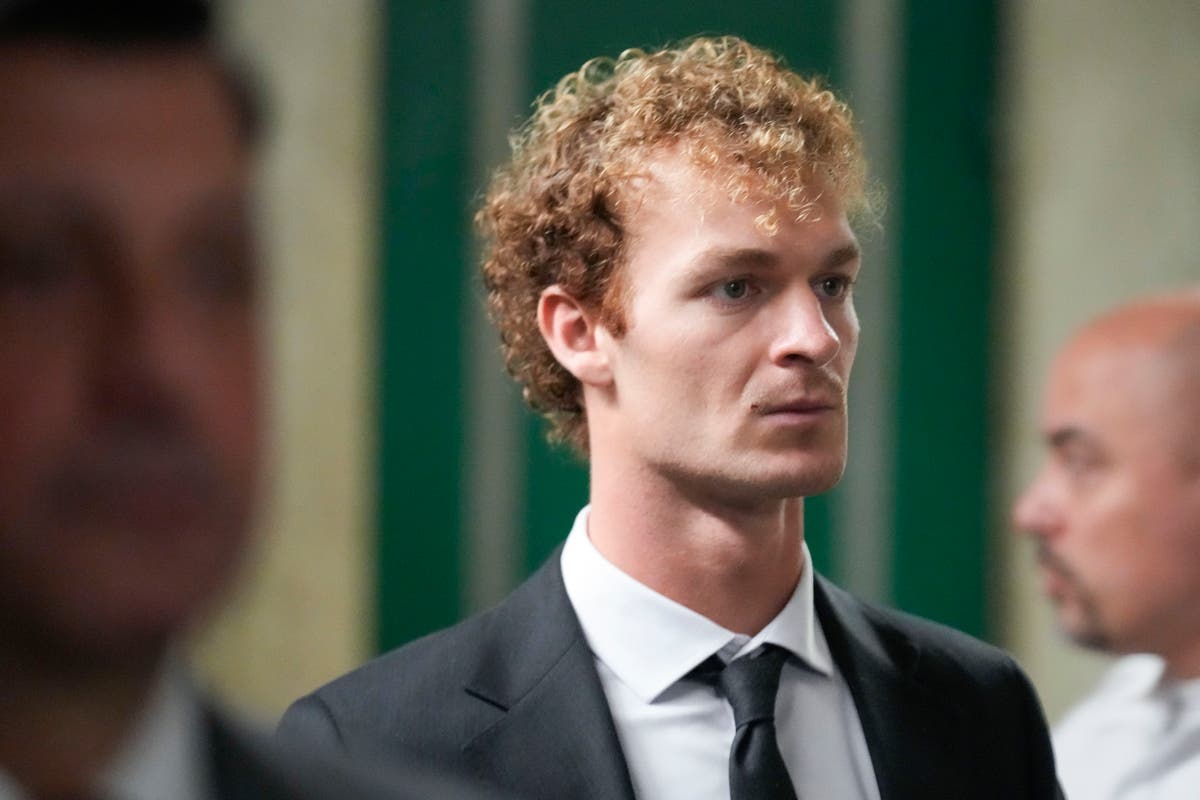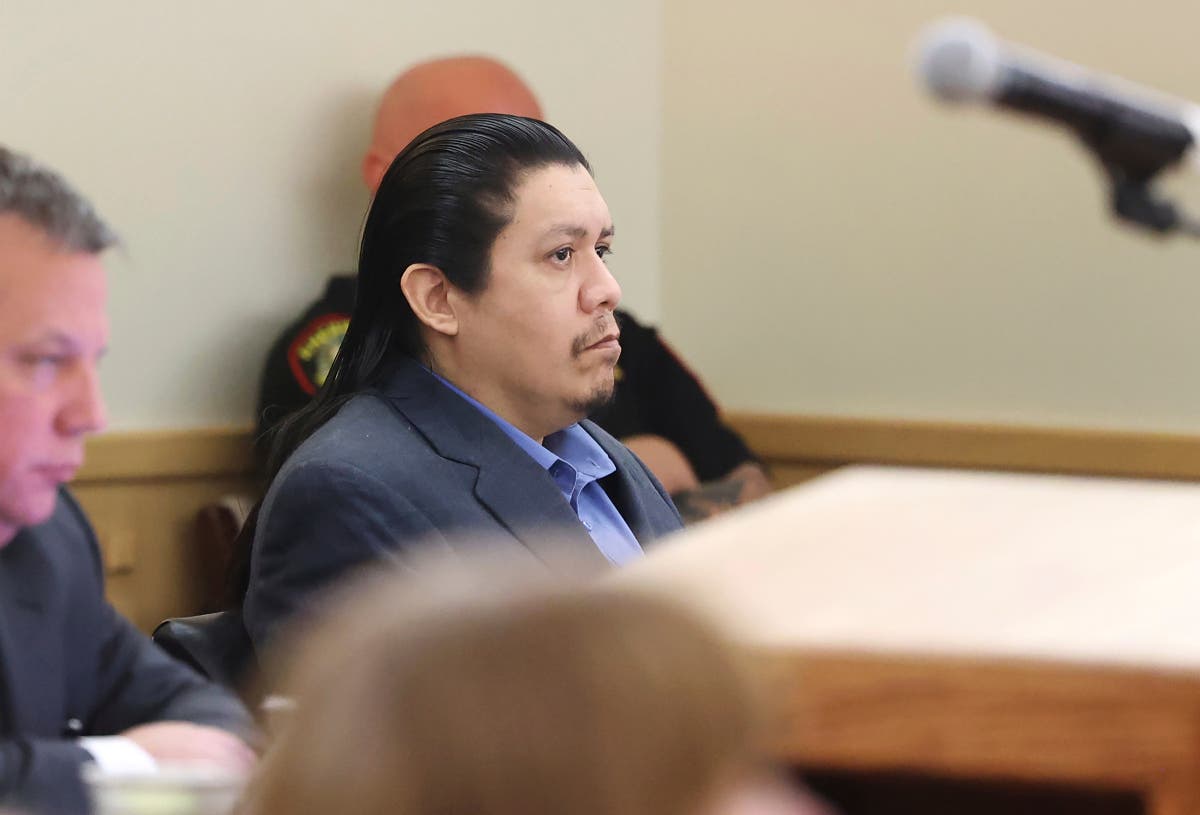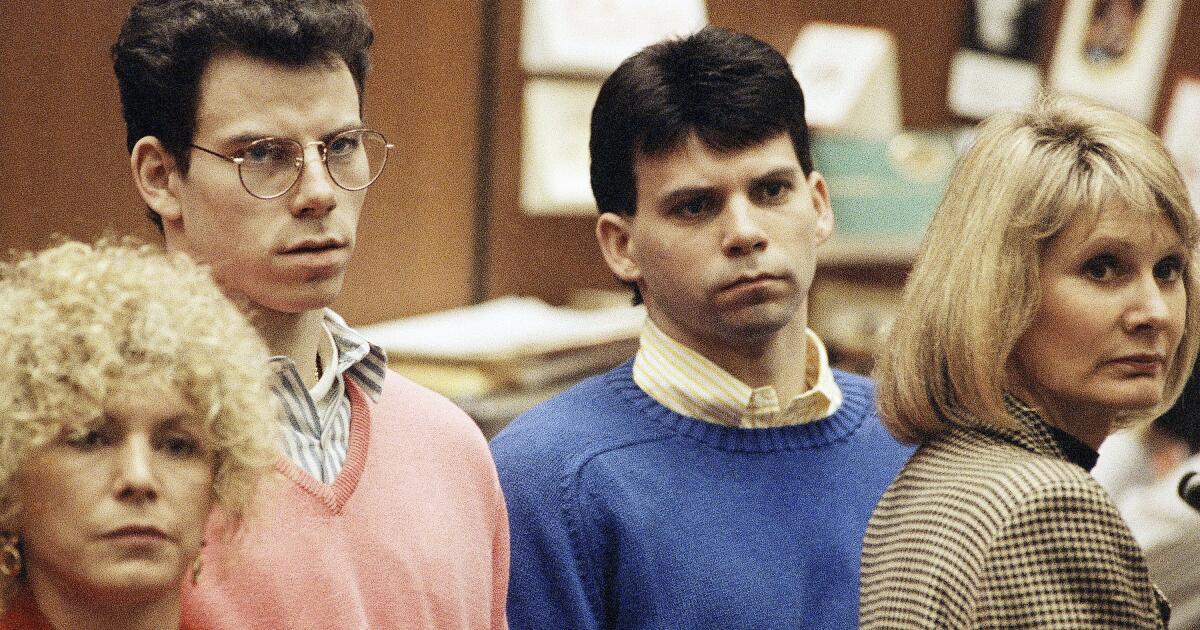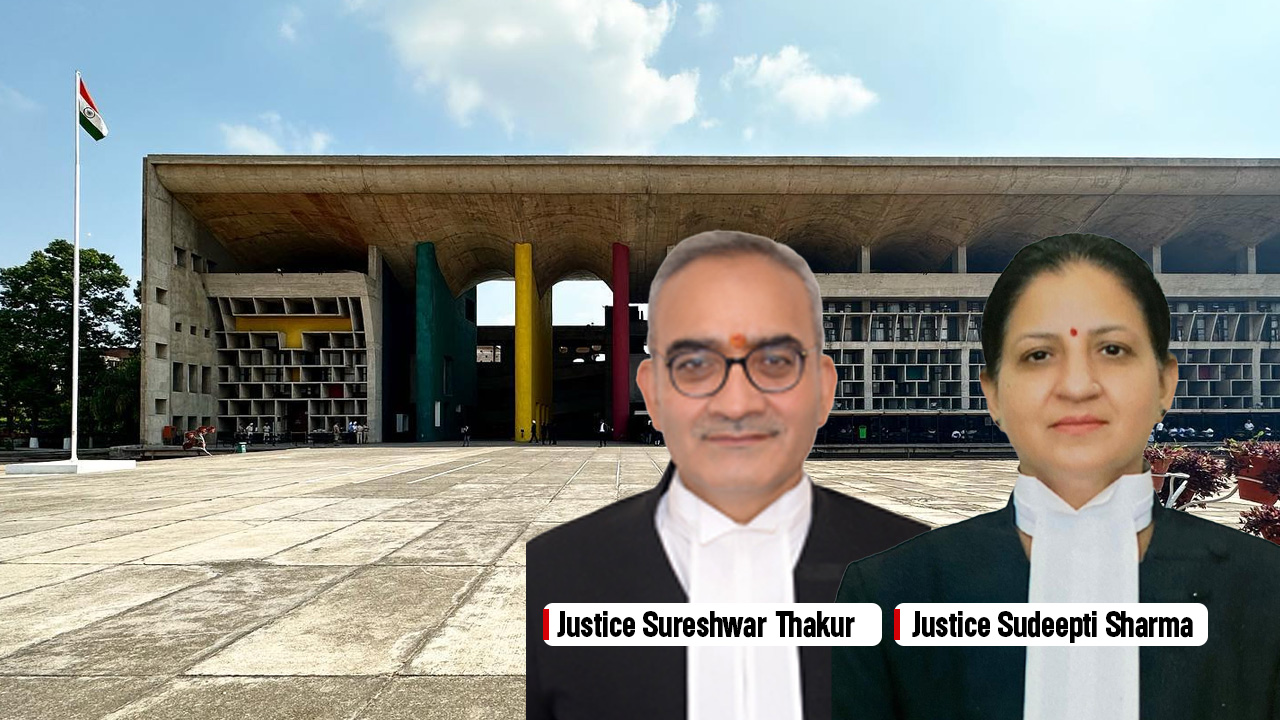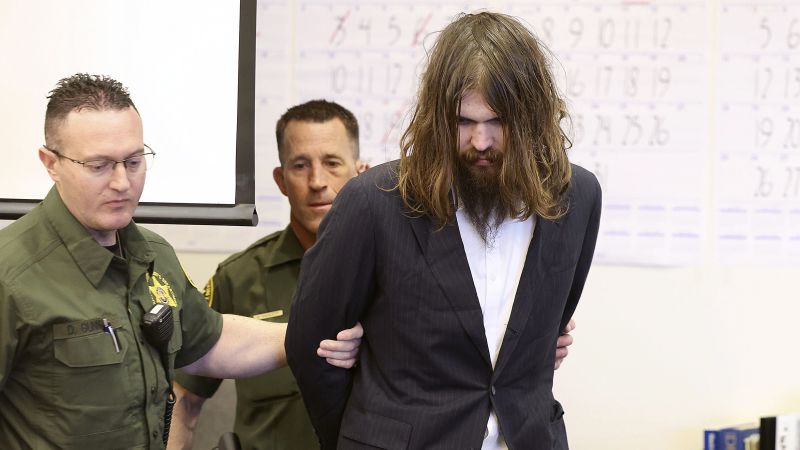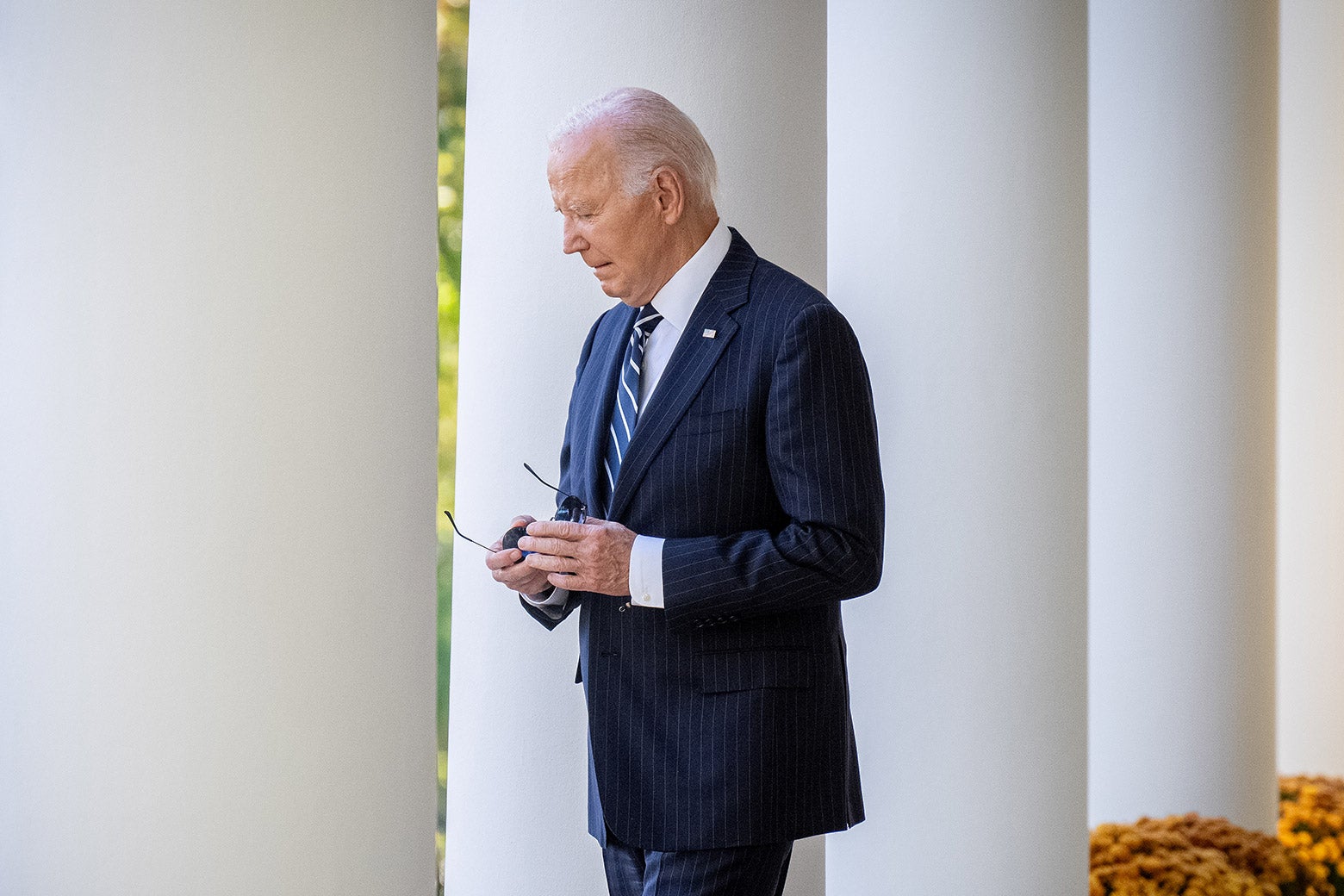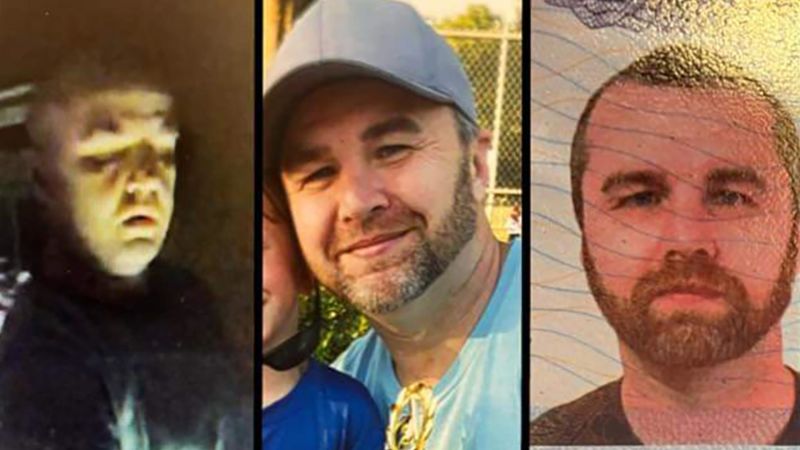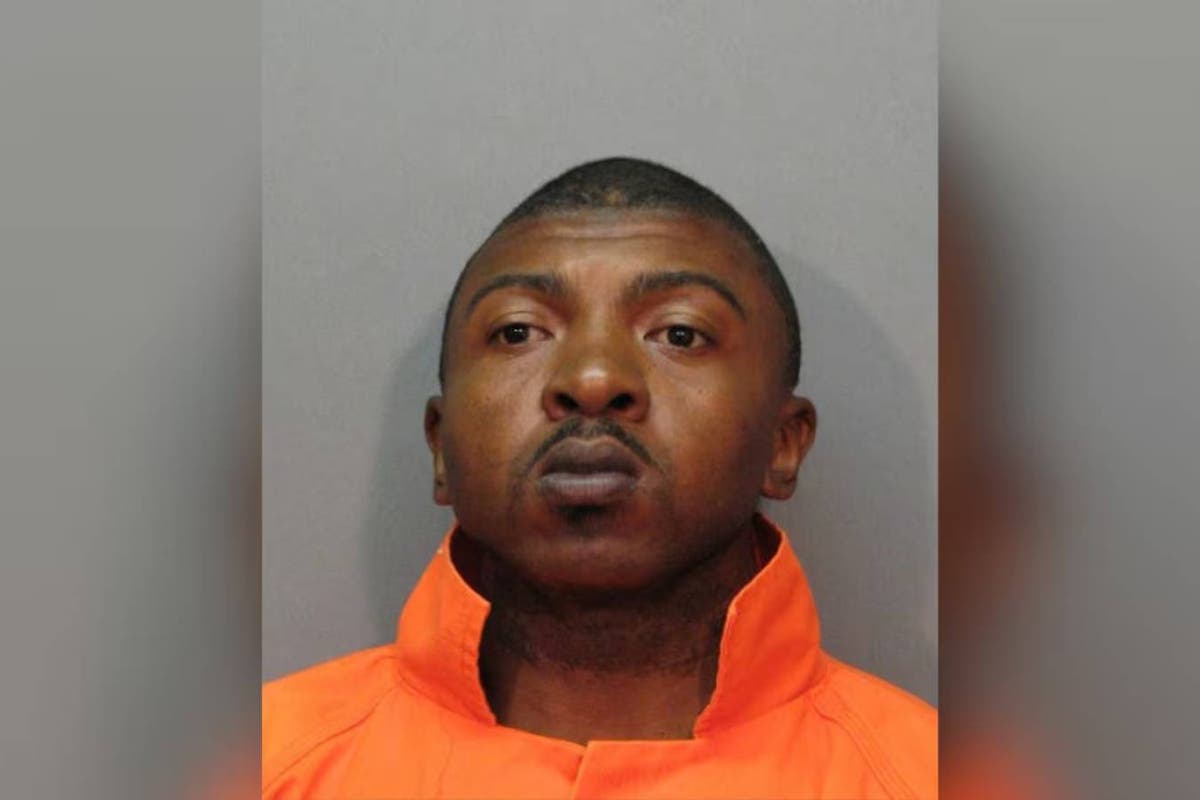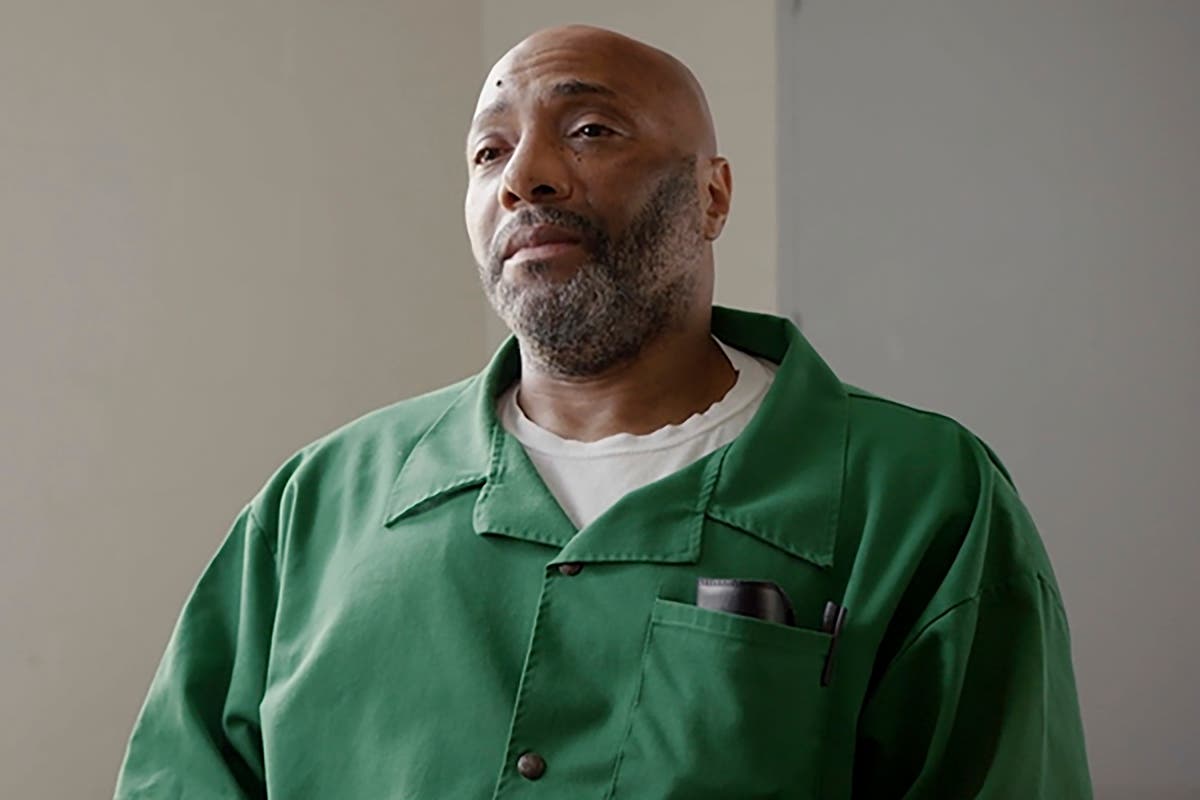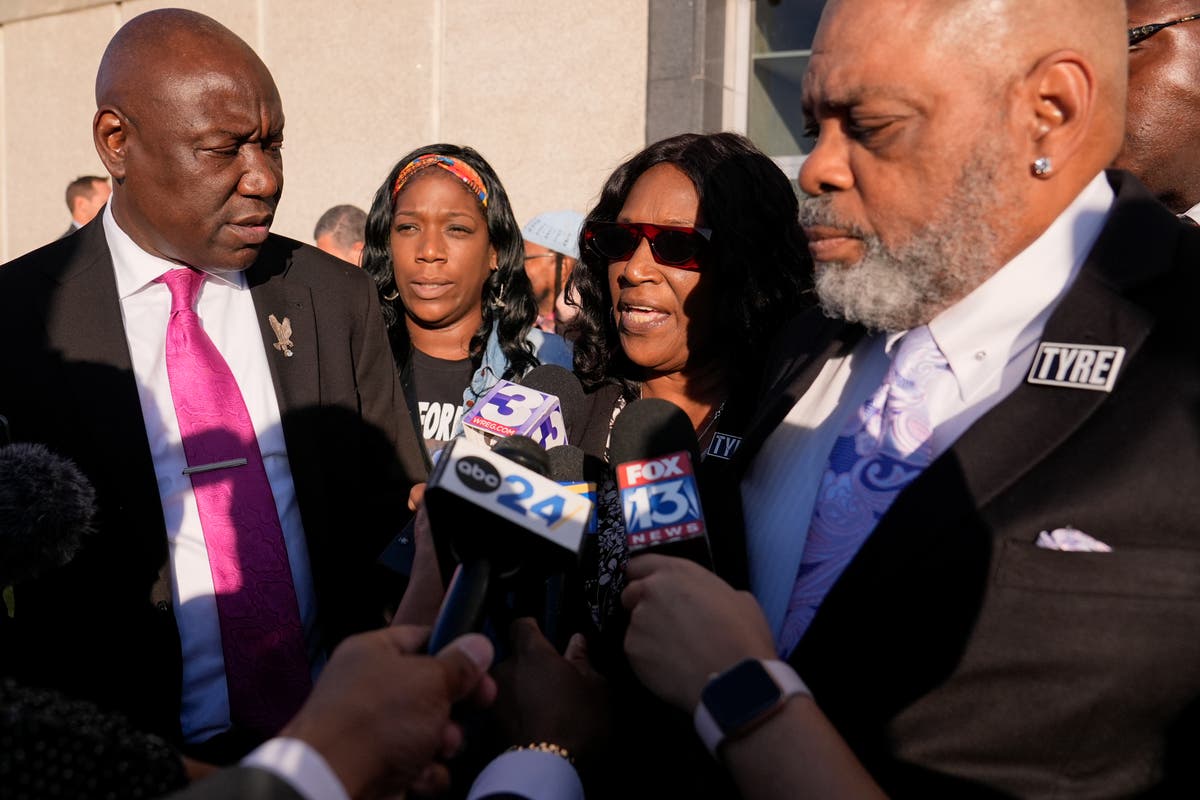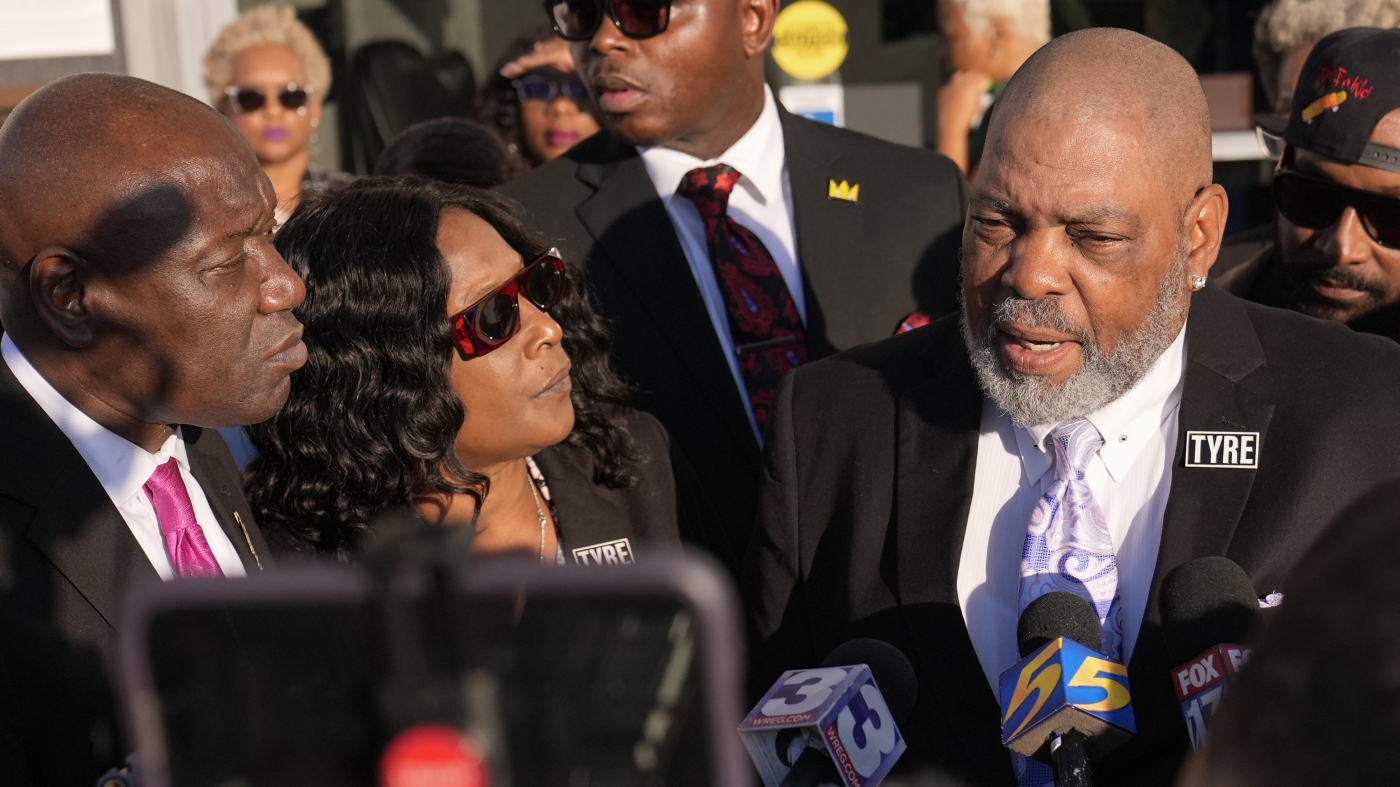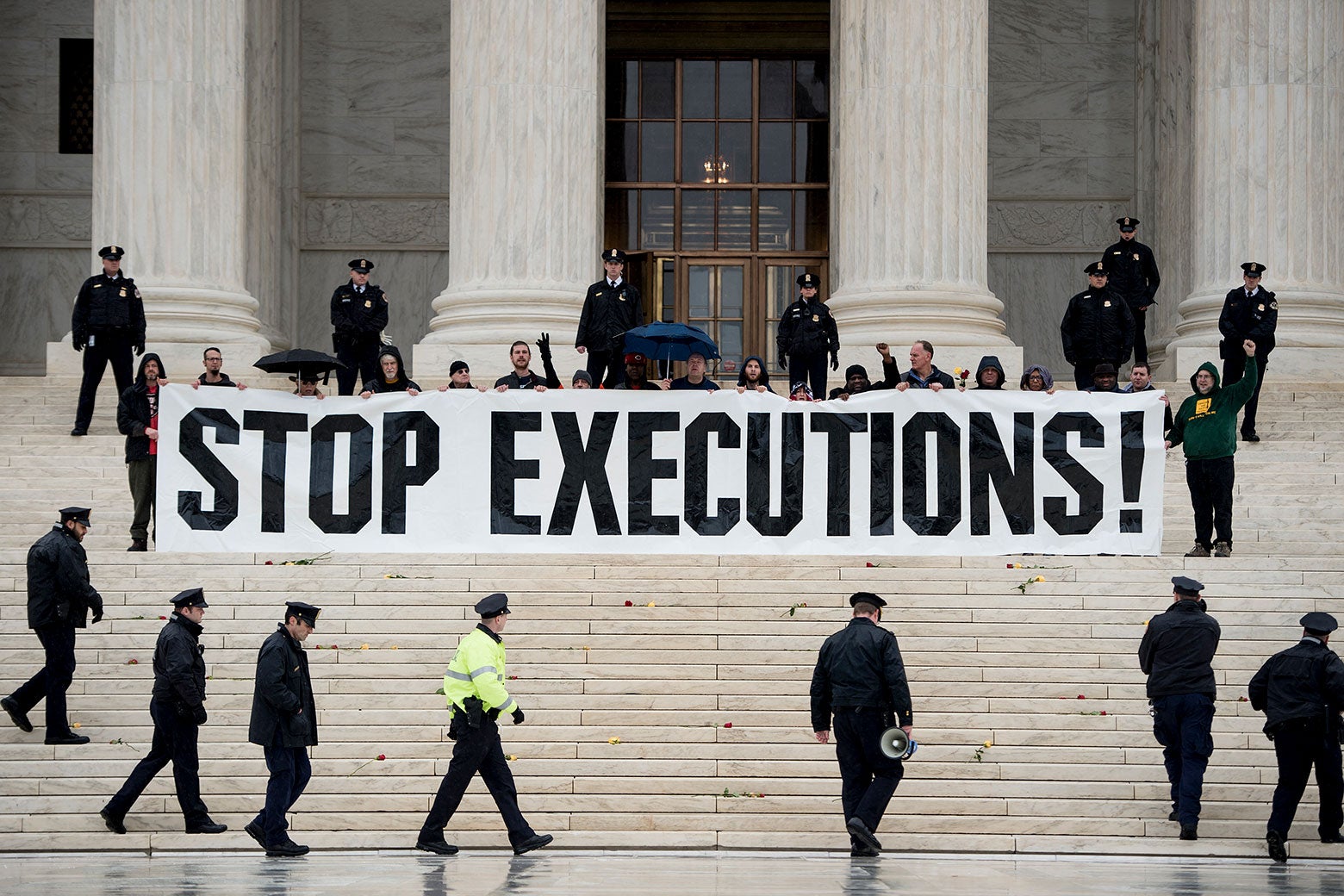
Life and death row: A prison murder ripples through time
LA TimesJarvis Jay Masters says he knew little about the murder of a correctional officer two levels below his cell in San Quentin State Prison. One of the notes Masters says he copied — known as “kites” for the way they are thrown between levels on string — bragged, with a smiley face, that the spear’s tip was so sharp it could “chop a T-bone.” In the ensuing months and years, the kites, clearly in Masters’ handwriting, would become key pieces of evidence against him in a protracted murder trial that stretched until 1990. “If people don’t want children,” she added, “they shouldn’t have them.” Savitt said she understood — at least to the extent that “one who was raised white middle class” could — what “created Jarvis Masters” and “turned him into a violent person.” But she also had to consider that others who grow up in similarly “miserable” environments don’t turn violent and that Masters had a choice to do better but instead “gave up on himself.” “I have to conclude,” she said, “that the verdict of the jury of death must be upheld.” Masters said he was wounded by Savitt’s decision, which was very different from the one she made after the trial of the inmate who actually stabbed Burchfield. Duryee found that even though it was likely some false evidence had been presented at Masters’ trial, the jury had been given the chance to “evaluate the believability of the testimony of the witnesses.” And, while noting that “key trial witnesses” Willis and Evans had both recanted, Duryee said she had “scant ability to discern whether they are lying now or whether they were lying then,” and could “only find that Willis and Evans are both liars with highly unreliable and selective memories.” In other words, Duryee concluded — through a bit of legal logic that has infuriated Masters’ supporters ever since — that although Masters was convicted and sentenced to death based on the word of Willis and Evans, their word “means nothing” and he could not be exonerated based on the same. Masters’ defense team makes similar arguments in his latest appeal in federal court, alleging that his initial trial was “riddled with constitutional issues” that the state courts improperly ignored.
History of this topic
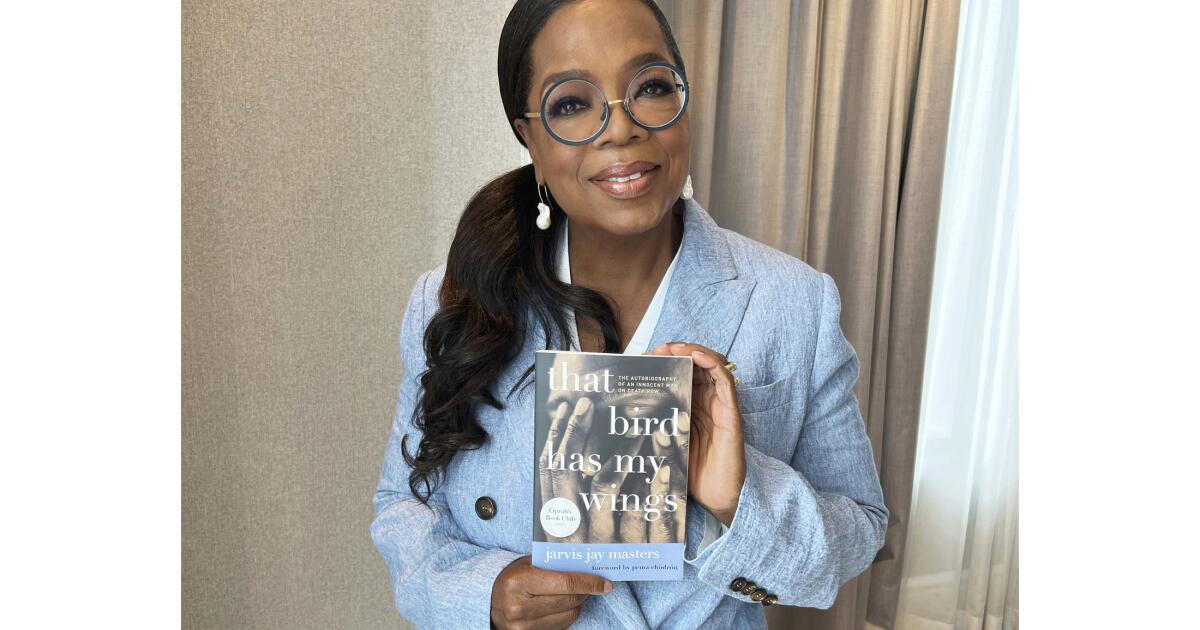
California death row inmate who received Oprah support loses effort to overturn conviction
LA TimesDiscover Related
